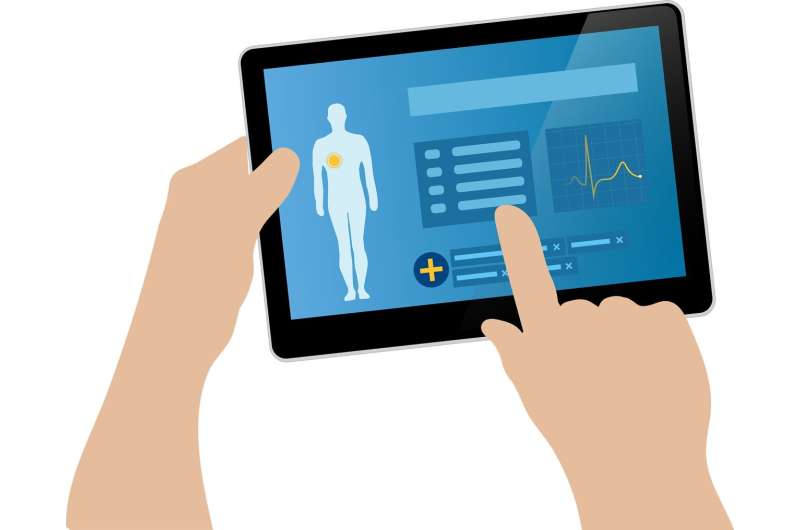This article has been reviewed according to Science X's editorial process and policies. Editors have highlighted the following attributes while ensuring the content's credibility:
fact-checked
trusted source
proofread
Using electronic health records to improve health care information management

In a demonstration of what is plausible in the developing world, Nigeria's Ekiti State University Teaching Hospital (EKSUTH) is changing from error-prone paper-based patient records to an advanced Electronic Health Record (EHR) system. This move will streamline patient information management and enhance the overall quality of care provided to patients.
EHRs are the digital counterparts of conventional medical charts and records kept by health care providers. They can include a wide array of patient information, including medical history, diagnoses, medications, treatment plans, immunization dates, allergy information, radiology images, and laboratory test results.
The digital nature of EHRs means that can offer the health care provider much more information at a given time than conventional paper records. Indeed, they can ensure that critical information is accessible to the health care provider whenever it is needed allowing them to make informed decisions so improve patient outcomes.
The study, published in the International Journal of Electronic Health care, surveyed health care information management professionals to assess their readiness for the adoption of EHR systems. The findings revealed strong support for the transition, with these professionals recognizing the availability of necessary infrastructure and training.
Respondents to the survey undertaken by Oluwatoyin Rhoda Akinyemi, Maureen Nokuthula Sibiya of Mangosuthu University of Technology in Durban and O. Oladimeji of the Sefako Makgatho Health Sciences University in Pretoria, South Africa, demonstrated a high level of proficiency with basic computer applications. However, despite their enthusiasm, the research shows that barriers remain.
The team writes that these barriers include a shortage of staff, a high patient volume, and limited digital navigation skills among some employees. There are also concerns about patient privacy and confidentiality. Nevertheless, obstacles were not insurmountable and given the positive sentiment overall, the implementation of EHRs will outweigh any problems significantly.
Overcoming the various barriers will involve continuous staff training and organizational support, as well as ensuring the availability of the requisite hardware.
More information: Oluwatoyin Rhoda Akinyemi et al, Using electronic health records to improve healthcare information management, International Journal of Electronic Healthcare (2024). DOI: 10.1504/IJEH.2024.139193




















